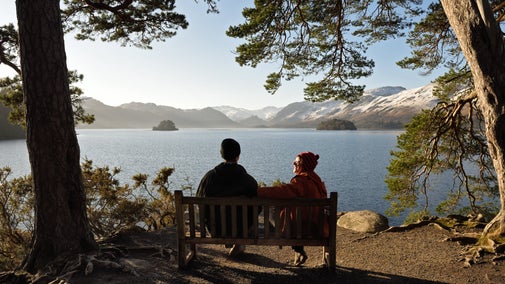
Discover more at Borrowdale and Derwent Water
Find out how to get to Borrowdale and Derwent Water, where to park, the things to see and do and more.

Derwent Water has been called 'Queen of the Lakes' because of the way it's cradled by the surrounding fells. Visit the viewpoints and historic sculptures on a lakeside stroll or set off from Keswick to explore the surrounding woodlands and fells.
- John Ruskin, artist
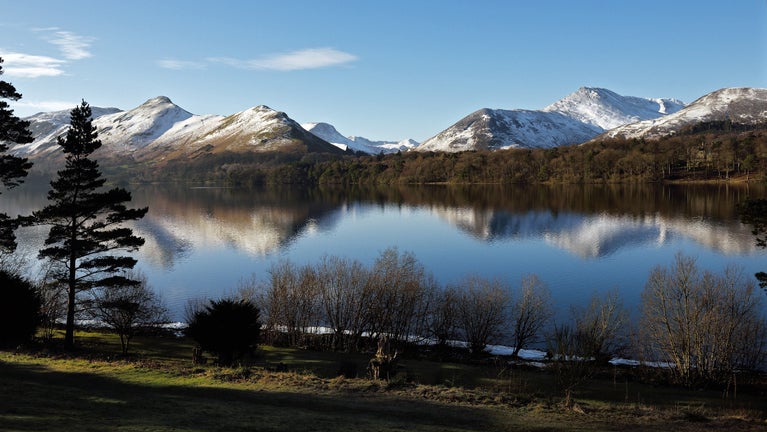
You can help minimise erosion damage by sticking to the main path up the ‘nose’ of the ridge. Some people use short cuts up the flanks that can quickly be gouged out into deep erosion scars by the famous Lake District rain.


Find out how to get to Borrowdale and Derwent Water, where to park, the things to see and do and more.
Discover the internationally significant ‘Atlantic oakwoods’ and Derwent Water which support a variety of rare species of plants and animals, including the red squirrel and vendace.
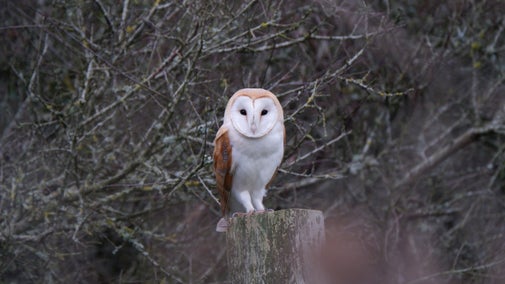
There are nine National Trust car parks in Borrowdale and Derwent Water to choose from. Find out how to find them and how much parking costs.

Derwent Island and House is currently closed to visitors, but the site is still an interesting element of the Borrowdale landscape. Find out all you need to know about the history of the island and the many owners of the house.

Take to the water for a spot of canoeing, paddleboarding or paddling. The islands of Derwent Water are waiting to be discovered
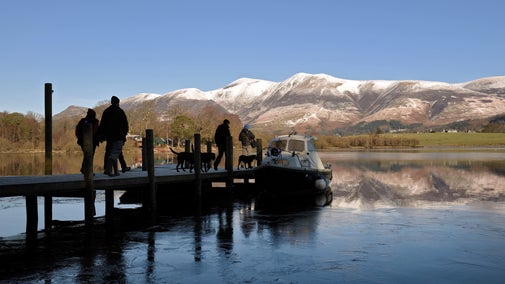
Plan a visit to one of the special countryside places in our care and discover the benefits of being in the great outdoors. Pack your walking boots and get ready to explore woodlands, valleys and rivers.
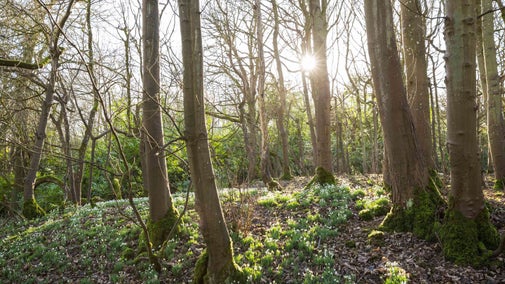
Explore the Lake District's majestic mountains – among them Scafell Pike, the tallest in England – ancient woodland, hidden waterfalls, rugged coastline and, of course, its many lakes. You might even spot a red squirrel, roe deer or bird of prey.

Explore some of the finest landscapes in our care on coastal paths, accessible trails, woodland walks and everything in between. Find the best places to walk near you.

On a clear night leave the bright lights of Keswick behind for a short walk at Friars Crag, a magical Lake District location for both stargazing and wildlife spotting.
